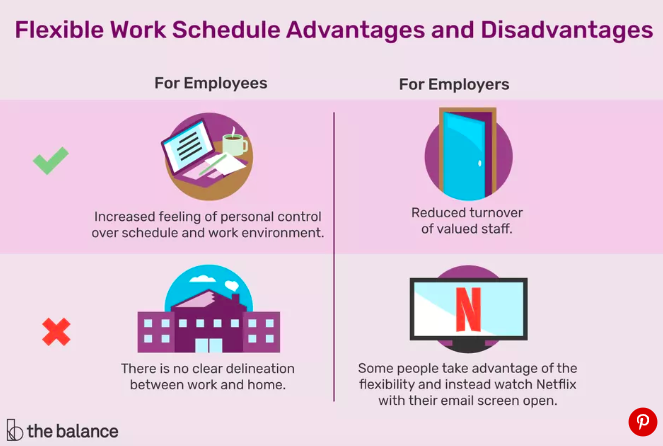### The Pros and Cons of a Pet Rabbit: A Comprehensive Guide to Rabbit Ownership
Guide or Summary:Pros of Having a Pet RabbitCons of Having a Pet Rabbit**Pros and Cons of a Pet Rabbit** (宠物兔的优缺点)When considering adding a furry friend to……
Guide or Summary:
**Pros and Cons of a Pet Rabbit** (宠物兔的优缺点)
When considering adding a furry friend to your home, a pet rabbit can be an appealing option. With their soft fur, playful personalities, and gentle nature, rabbits can make wonderful companions. However, like any pet, they come with their own set of pros and cons. In this article, we will delve into the **pros and cons of a pet rabbit**, helping you make an informed decision about whether a rabbit is the right pet for you.
Pros of Having a Pet Rabbit
1. **Affectionate Companionship**: Rabbits are known for their affectionate nature. They can form strong bonds with their owners and enjoy being petted and cuddled. This companionship can be especially beneficial for individuals or families looking for a loving pet.
2. **Low Noise Levels**: Unlike dogs or cats, rabbits are relatively quiet animals. They do not bark or meow, making them suitable for apartments or homes where noise might be a concern. Their gentle thumps and soft purring sounds can be quite soothing.

3. **Unique Personalities**: Each rabbit has its own unique personality. Some are playful and energetic, while others are calm and laid-back. This variety can make interacting with them enjoyable and engaging.
4. **Litter Training Potential**: Rabbits can be litter trained, which makes them easier to care for in a home environment. This can significantly reduce the mess associated with pet ownership.
5. **Low Maintenance**: Compared to some other pets, rabbits are relatively low maintenance. They do not require daily walks like dogs and can be left alone for longer periods, making them suitable for busy individuals or families.
Cons of Having a Pet Rabbit
1. **Specialized Care Requirements**: While rabbits are low maintenance in some aspects, they do have specific dietary and environmental needs. They require a diet rich in hay, fresh vegetables, and limited pellets. Additionally, they need a safe, spacious area to hop around and exercise.

2. **Chewing Habits**: Rabbits have a natural instinct to chew, which can lead to damage in your home if not properly managed. They may chew on furniture, electrical cords, and other household items. Providing appropriate chew toys and rabbit-proofing your home is essential.
3. **Health Issues**: Rabbits are prone to certain health issues, such as dental problems and gastrointestinal stasis. Regular veterinary check-ups and a proper diet are crucial for maintaining their health, which can result in additional costs for owners.
4. **Time Commitment**: Although rabbits can be left alone for longer periods than some pets, they still require daily interaction and care. They thrive on social interaction and need time out of their cages to exercise and explore.
5. **Lifespan Considerations**: Rabbits can live for 8 to 12 years, which is a significant commitment. Potential owners should be prepared for the long-term responsibility that comes with rabbit ownership.

In conclusion, the **pros and cons of a pet rabbit** must be carefully weighed before making a decision. While they can provide love and companionship, they also require specific care and attention. Understanding these factors will help you determine if a rabbit is the right pet for your lifestyle and family. If you decide to welcome a rabbit into your home, be prepared to provide a nurturing environment that meets their needs, ensuring a happy and healthy life for your new furry friend.